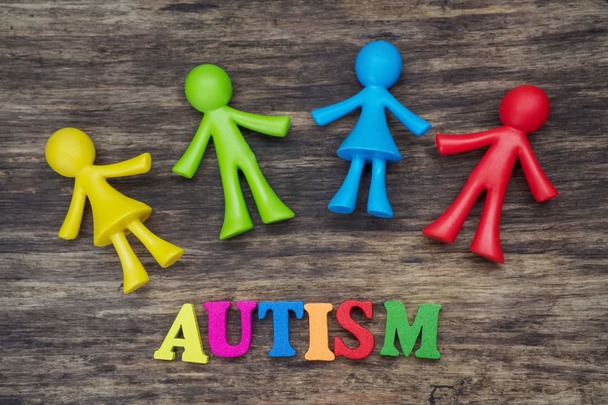Well, it's that time of the year again when kids get excited, and many parents have a feeling of dread, as the long school summer holidays have begun.
When the schools shut for summer, it is a time for most children to relax, unwind, and enjoy a break from the routine of school. However, for children with autism and their parents, it can be a very challenging period.
One of the first challenges that children on the autism spectrum face during the summer break is feeling out of routine. Children with autism thrive in routine and structure. However, during summer holidays, they are often out of the structure they're used to. This can result in anxiety and behavioral issues for these children. Without the familiarity of their usual routine, they can feel lost and unsure of what to do and how to act leading to an increase in meltdowns.
Another issue children with autism face during the summer holidays is social isolation. Many children with autism struggle with socialization and making friends. When school is in session, they have built-in opportunities to mix and interact with classmates and teachers. But during summer holidays, they may be cut off from those opportunities, which can result in social isolation and loneliness. These children may need extra support to help them to build up their social skills and to ensure they do not regress in the long weeks away from school.
The school summer holidays can also be a time when families go on holidays and trips. For children on the autism spectrum, this might mean they experience sensory overload. A new environment with unfamiliar smells, sights, sounds, and sensations can be overwhelming for these children. This can lead to heightened anxiety, sensory processing issues, and meltdowns. Travel plans must be made according to the child's needs and suitable accommodation provided to reduce sensory overload.
Summer break can also be challenging for parents of children with autism. The majority of children with autism require ongoing therapies and treatment, and for some parents, summer vacation could mean months of inconsistency in their child's care. Some parents may struggle to find qualified therapists or other support services during the summer months, especially if their usual providers take a break from their practice. Parents must find alternative providers or ensure that their providers are available to take care of their children. In many cases, parents have to take this workload on themselves.
My biggest fear during the summer holidays is the possibility that it can cause a regression in my children’s progress. Children with autism need consistency and routine to excel, so the school break can result in regression in their development. The break may cause them to lose the social and behavioral skills they have gained during the academic year. Sadly, due to a lack of support, It often becomes the parents' responsibility to engage them in programs that are beneficial to strengthening their developmental progress.
7 things we can all do to help our children.
I’d like to share with you 7 steps we can all take to help our children during the school holidays.
- Plan structured activities: Children with autism thrive on routine and structure, so parents can plan structured and predictable activities such as arts and crafts, games, outings to museums, parks, and libraries.
- Manage sensory overload: Children with autism may experience sensory overload in busy and noisy environments. Parents can help avoid this by choosing quieter activities, or providing noise-cancelling headphones, a sensory tent or a calm space in their home.
- Maintain communication with the school: Parents can keep in touch with their child's teachers and support staff, to learn what has worked in the past and how to continue the learning and goals for the school year.
- Encourage socialization: Parents can encourage social interaction by setting up play dates with other children or arranging for participation in social events that cater to their interests.
- Provide sufficient rest and sleep: Children with autism may find it difficult to sleep and wake up at the same time every day, and this can disturb their sleep patterns, leading to sleep deprivation. Parents can create a bedtime routine by turning off electronics, soft music and lighting, and creating a peaceful environment for their child to get sound sleep.
- Incorporate physical activities: Exercise can serve as a great outlet for children with autism, as it provides an opportunity for them to reduce anxiety levels and improve their coordination and fitness levels.
- Utilise technology: Technology can be used to provide the child with communication challenges and sensory processing difficulties, both before and during the school holidays. There are a range of apps and devices that can be used to help children improve their communication, recognize feelings, or practice living skills.
We all know summer holidays can be a difficult time for children with autism. The lack of structure, support, sensory environment changes, and social isolation can lead to stress, anxiety, and meltdowns. Parents and caregivers must provide a structured routine and activities that foster sensory development and social skills.
It is essential to maintain therapy and support services, continue with treatment, and exercise extra patience, understanding and care to help them stay on track and make progress towards their developmental goals. But more importantly, it is also a time to enjoy being with your children, to unwind and recharge batteries. Have a great time no matter how you enjoy these school holidays with your children.
Please check out the website autismdad.ie which has a whole range of support for parents.
This article was submitted to the IrishCentral contributors network by a member of the global Irish community. To become an IrishCentral contributor click here.




Comments